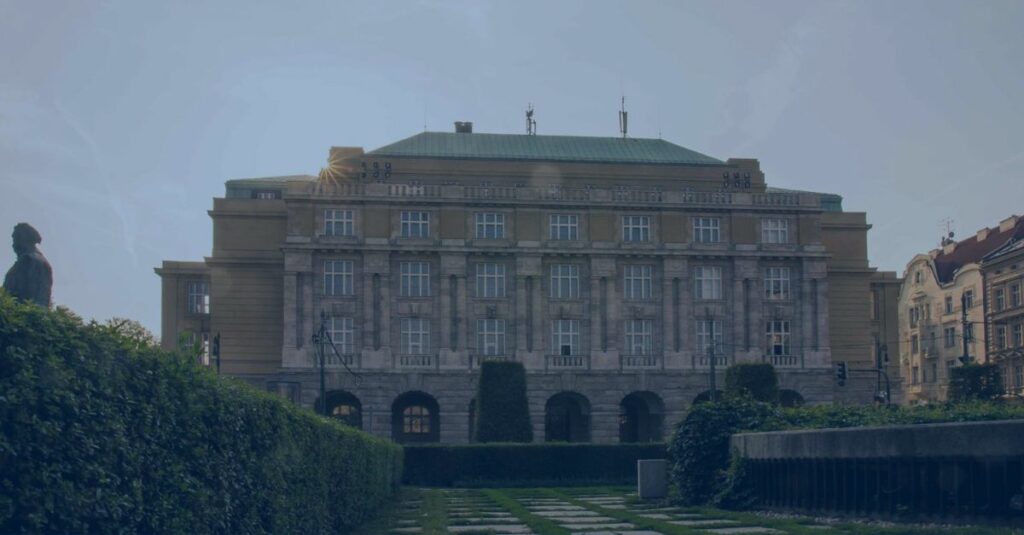
©Prague Morning
As part of the MeDeMAP project meeting in Prague, Czech Republic, on March 5 to 7, Charles University organized a roundtable discussion to analyse the institutionalization of deliberative democracy in Central and Eastern Europe (CEE). While deliberative democratic mechanisms – such as Citizens’ Assemblies and Citizens’ Parliaments – have gained prominence across Europe, the 2020 OECD report highlights persistent disparities, particularly in post-communist countries such as Poland and the Czech Republic.
The discussion gathered four experts in the field:
- Roman Haken – Vice-chairman of the Liberal Ecological Party (EKS), director of the Centre for Community Work (Central Moravia), and lecturer at Charles University.
- Paulina Pospieszna – Associate professor at Adam Mickiewicz University Poznań, specializing in democratic innovations, democratization, and civic participation. She leads the project Democratic Innovations, which maps deliberative democracy across the CEE region and the Balkans.
- Pavel Mička – Head of the Department for Cooperation with Civil Society at the Office of Government of the Czech Republic.
- Žofie Hobzíková – Co-founder and co-leader of the Platform for Citizens’ Assemblies and former member of Extinction Rebellion’s local section.
The panelists addressed the challenges associated with embedding these democratic tools in governance structures and their potential role in counteracting democratic backsliding in the region.
This roundtable contributed to MeDeMAP’s broader objective of examining the evolving relationship between media and democracy, offering insights into the role of deliberative democratic practices in shaping more participatory and resilient governance structures.
